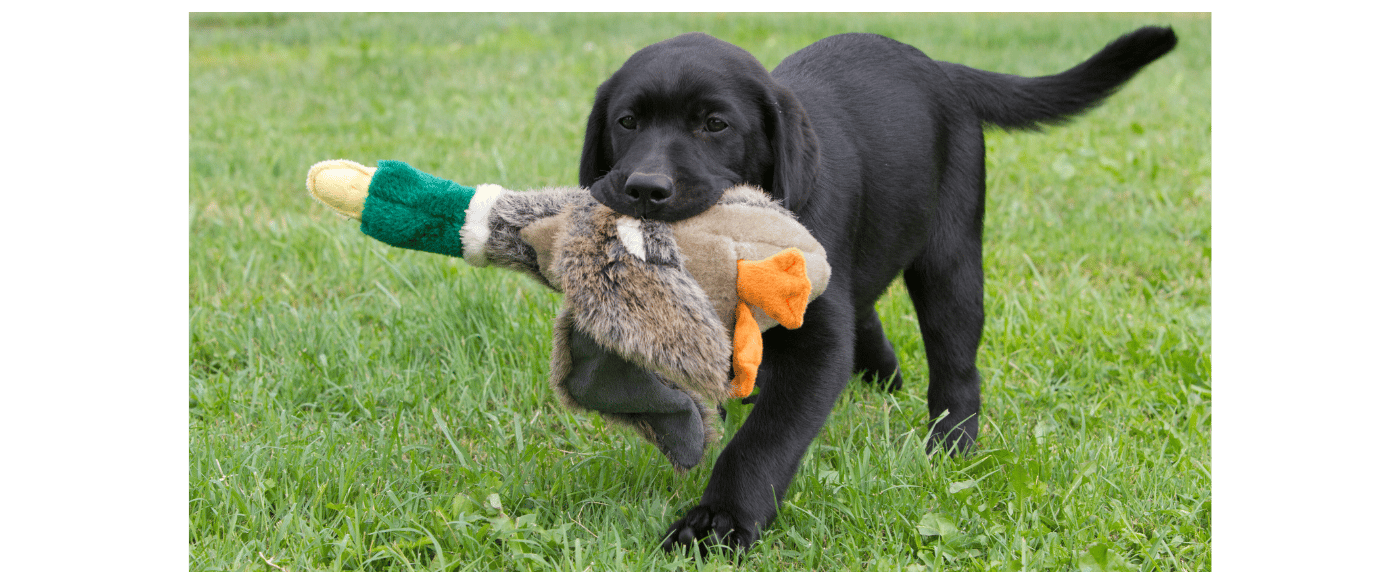Labrador Retrievers


This post may have affiliate links. As an Amazon Associate, we earn from qualifying purchases from those links. This does not cost you anything and helps support the Sanctuary and all the animals in our care. This has no bearing on our reviews and comparisons. We will do our best to keep things fair and balanced to assist you in making the best decision for you and your animals.
Labrador Retrievers, also known as Labs, are a popular breed of dog known for their friendly and outgoing personalities. They are also highly trainable and have a wide range of applications as working dogs.The Labrador Retriever breed originated in Newfoundland, Canada in the early 19th century. They were initially bred to help fisherman with tasks such as retrieving fish and hauling in nets. In the early 20th century, they were introduced to the United Kingdom and quickly gained popularity as a hunting and retrieving breed.
Today, Labs are used for a wide range of tasks, including as service dogs, as search and rescue dogs, as therapy dogs and detection dogs for police and military. They are also commonly used as hunting dogs, particularly for retrieving waterfowl.
In terms of trainability, Labs are known for being highly intelligent and eager to please, making them easy to train for a variety of tasks. I've yet to meet a Lab that didn't like training treats! They are also highly adaptable, which allows them to excel in a wide range of environments and tasks.
Nutrition is also an important aspect of keeping a Lab healthy. Our favorite diet for Labs is the Royal Canin breed specific diet for Labrador Retrievers. It has a unique kibble shape is designed to help quick eaters to chew slowly, Because Labs gain weight easily, this diet promotes an ideal weight with precise calorie and fat content for weight management in large dogs. Because these dogs are active it's important to have EPA, DHA, and glucosamine provide bone and joint support too. Because Labs are also prone to skin issues, this dog food reinforces the skin barrier with essential nutrients to support healthy skin and dense undercoat. If you aren't sure which diet is right for your dog, ask you veterinarian.
It's also important to mention that despite their friendly and outgoing personalities, they are also known for being highly energetic and require regular exercise to keep them mentally and physically healthy. Training should be consistent, gentle and positive. They also require regular grooming to maintain their coat and skin health.
Aside from skin issues the other main medical concern is them ingesting things they shouldn't..toys, homework, shoes.... These things can become a foreign body and get lodged in the dog. The only way to get them out is with endoscopy and/or surgery. This can be life threatening! Be sure to monitor your Labs when they are playing with their toys, and if you are leaving them alone, make sure it is a safe space and "puppy proof." Vomiting and inappetance are warnings that should be taken seriously.
In conclusion, Labrador Retrievers are a versatile and friendly breed of dog that are highly trainable and have a wide range of applications as working dogs. They have an easy going temperament that can be just as goofy as it is focused. With proper nutrition and exercise being important for maintaining their health, these dogs can be an excellent partner and member of the family.
Want to learn more? Check out these resources:


"A Labrador Retriever is more than just a pet, it's a loyal companion for life." - Fawn Nyvold
Labrador Retrievers
A breed specific history and overview of the Labrador Retriever.
